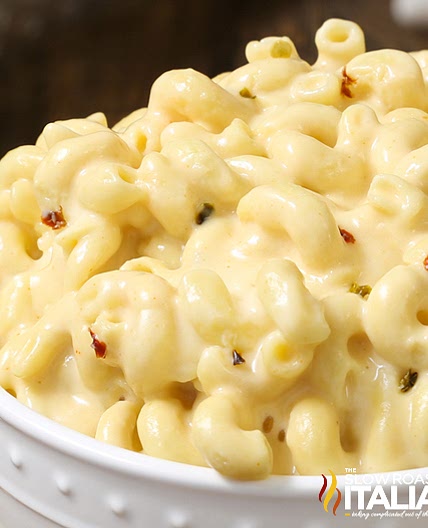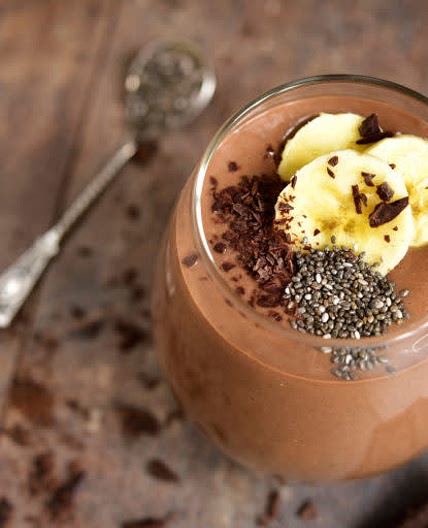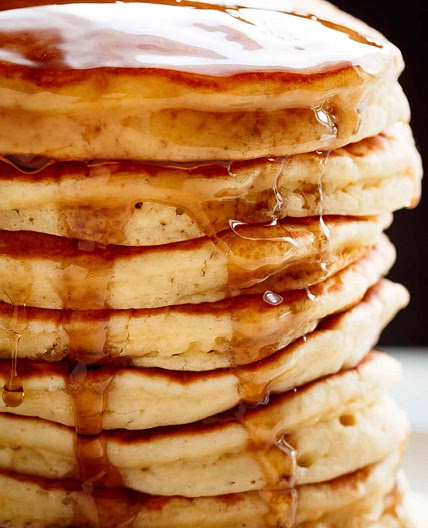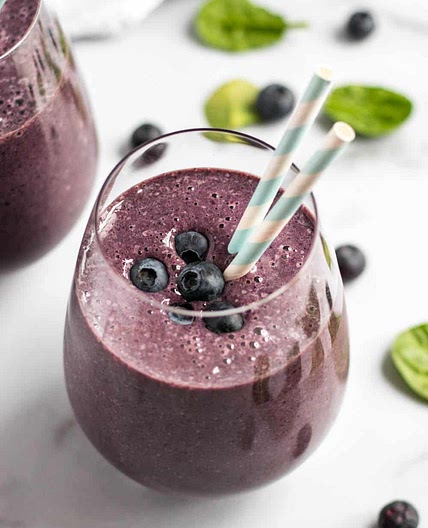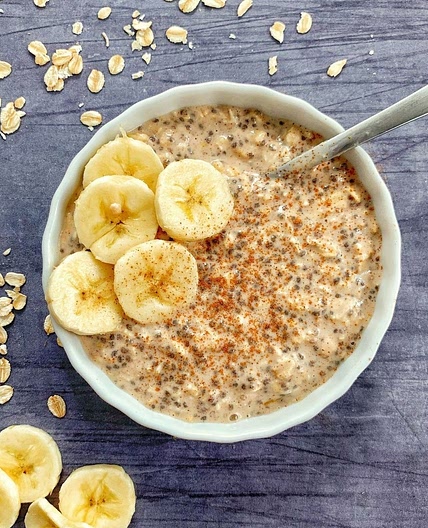Milk
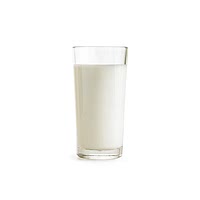 Fridge
FridgeMilk is a nutritious and versatile ingredient used across the globe for cooking, baking, or simply consuming on its own. Milk comes in many different forms from whole to skimmed and even from plants like soybeans and almonds. Dairy milk is a white liquid produced by the mammary glands of mammals. Other types of non-dairy milk, like oat, almond, and soy milk, are referred to as plant-based milk. Cow’s milk is the most popular dairy milk, particularly in western countries, but dairy milk may also come from sheep, goats, buffalos, and other mammals. When it comes to dairy milk, what’s the difference between whole, reduced fat, low fat, and skim milk? It all comes down to fat content. When whole milk is processed, no fat is removed; it contains around 3% milk fat. Reduced fat milk contains 2% milk fat, lowfat milk contains 1% milk fat, and skim (or nonfat/fat free) milk contains virtually no milk fat. Is one better than the other? This depends on your diet and preferences. Each of these types of milk are packed with nutrients, but where they differ is in fat content and calories. An 8-ounce glass of whole milk contains 150 calories, whereas an 8-ounce glass of skimmed milk only contains 80 calories. So if you’re watching your calorie intake, you may want to opt for skimmed. Milk is rich with nutrients including calcium, vitamin D, vitamin B12, and potassium, among others. It’s also a good source of protein and contains many different fatty acids, some of which are linked to health benefits, such as a reduced risk of diabetes and heart disease. However, the nutritional content of milk can vary depending on different factors like the diet of the cow.
Milk nutrition and vitamin info per 100g
| Energy | 60 | kcal |
| Total Fat | 3.200000047683716 | g |
| Carbohydrate Total | 4.670000076293945 | g |
| Sugars | 4.809999942779541 | g |
| Protein | 3.2799999713897705 | g |
| Sodium | 38 | mg |
| Fiber | 0 | g |
10000+ recipes to cook with Milk
Milk substitutes
- Regular substitute
Milk equivalents and varieties
Milk safe diets
Milk cooking tips
 Samsung Food
Samsung FoodOpaque containers are better than glass since exposure to light can break down some vitamins in the milk.
 Samsung Food
Samsung FoodOnce opened, milk would last around a week in your fridge, no matter what the date on the carton says.
